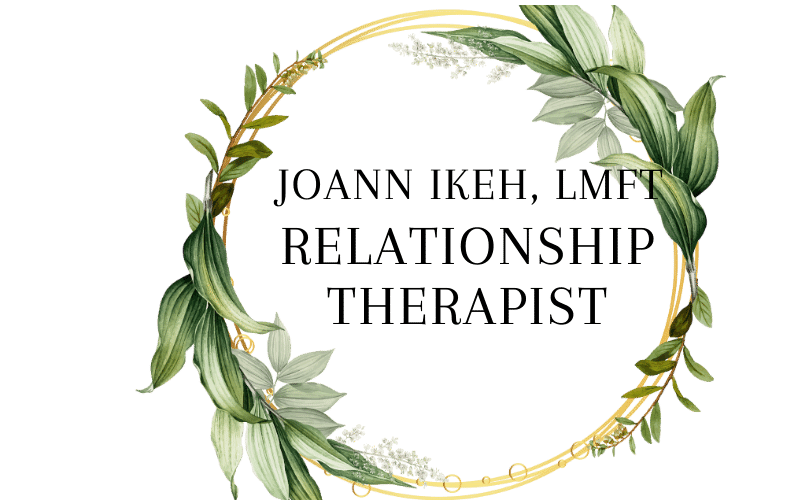How to Apologize in a Relationship and Actually Mean It
Apologizing is more than just saying “I’m sorry.” In a healthy relationship, a meaningful apology is a powerful step toward healing, rebuilding trust, and strengthening emotional connection. Yet, many couples struggle with how to apologize in a way that truly resonates.
In this post, we’ll walk through how to apologize in a relationship and actually mean it, so your partner feels heard, valued, and understood.
Why Apologizing Matters in Relationships
Conflict is natural in every relationship. What sets healthy couples apart is not whether they argue, but how they repair after the rupture. A sincere apology is a vital part of that repair process.
When you apologize with intention, you’re not just checking a box—you’re taking responsibility for your impact, even if the harm was unintentional.
1. Pause Before You Apologize
Before rushing to say sorry, take a moment to understand what you're apologizing for. Are you acknowledging the specific action that caused hurt? Or are you apologizing just to move past the discomfort?
Authentic apologies begin with self-reflection. Ask yourself:
What did I do or say that caused harm?
How might my partner have experienced that moment?
What was going on for me emotionally at the time?
2. Use Clear, Specific Language
A genuine apology is specific—not vague or generic. Avoid saying “I’m sorry if I hurt you.” Instead, try:
“I’m sorry for interrupting you and raising my voice during our conversation. That was disrespectful, and I understand it made you feel dismissed.”
This communicates accountability, not deflection.
3. Acknowledge the Impact, Not Just Your Intentions
You may not have meant to cause harm, but intent does not erase impact. Focus on how your actions affected your partner.
Try this instead of:
❌ “That’s not what I meant!”
Say:
✅ “I see now that what I said came across as dismissive, even though I didn’t mean it that way. I understand how that hurt you.”
This shifts the focus from your intent to your partner’s experience.
4. Avoid Justifying or Minimizing
Saying things like “I was just tired” or “You’re too sensitive” undermines the apology. These phrases can feel like excuses and invalidate your partner’s emotions.
Stick with ownership. Even if you were tired or stressed, the goal is to take full responsibility for your behavior.
5. Ask How You Can Repair the Hurt
An apology isn’t just words—it’s also action. Ask your partner what they need to feel supported moving forward.
Examples:
“What can I do to make this right?”
“How can I show you that I’m working on this?”
“Would it help if I gave you space, or would you like to talk more about it?”
6. Make a Commitment to Change
Follow-through is essential. Without change, apologies can start to feel empty. Let your partner know what steps you’ll take to prevent the behavior from happening again.
“I’m going to work on slowing down in our conversations and making sure I listen before reacting.”
Over time, consistent actions reinforce the sincerity of your apology.
7. Give Your Partner Time
Even a heartfelt apology doesn’t guarantee immediate forgiveness. Your partner may need time to process and heal. Respect their pace without pressuring them to “get over it.”
Patience is part of making amends.
Final Thoughts: Apologizing Is a Skill You Can Build
Learning how to apologize in a relationship—and actually mean it—isn’t always easy. But it’s one of the most valuable tools for building emotional safety and trust.
Apologizing well shows your partner that you care more about the relationship than your ego. And that, in itself, is an act of love.
Ready to Build Healthier Communication in Your Relationship?
If apologizing—or repairing after conflict—feels like a struggle, you don’t have to navigate it alone. Couples therapy can help you and your partner break unhealthy patterns and create more meaningful, honest connection.
Book a free 15-minute consultation today and take the first step toward a relationship where both of you feel seen, supported, and respected.
👉 Schedule a Consultation
📍 Serving clients in California, Florida, and Virginia
💬 LGBTQ+ affirming | Culturally responsive |



